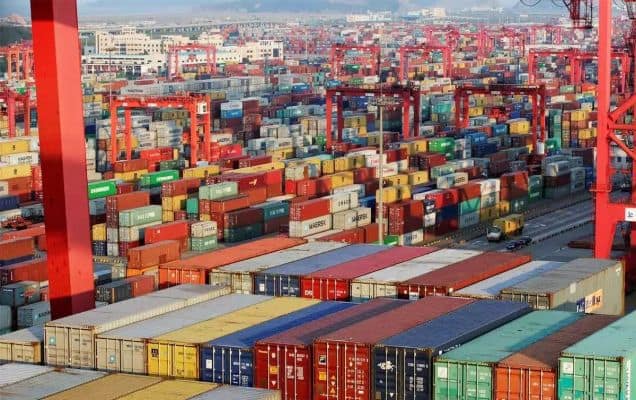US delegation impressed by ‘Gujarat Model’, discuss Indo-US and Gujarat-China relations
“USA should clear its stand on terrorism from across Pakistan border”
– Chief Minister Narendra Modi
Gandhinagar, Friday: A seven-member delegation of Republican Party of the United States of America, which met Chief Minister Narendra Modi here today, took interest in the Gujarat model of development and discussed issues like Gujarat-China and Indo-US relations.
Referring to Indo-US relation vis-à-vis terrorism, Mr. Modi said that Indo-US relations have been cordial. But since both India and the USA have been victims of terrorism and India faces it from across the Pakistan border, the latter should clear its stand on the issue. It is not expecting the USA to publicly condemn Pakistan-sponsored terrorism but can change its attitude.

Mr. Modi said that cooperation between Gujarat and China in development is on the rise and Gujarat is capable of competing with China in the manufacturing sector. As to coastal issues, he said, it is per the policies of Government of India.
The delegation highly praised the role of progressive leadership of the Chief Minister in the state’s development. It was particularly impressed by transparent government policies to redress the malady of corruption and in people’s participation in delivering results.

The Chief Minister pointed out that the contribution of America, Britain and Europe in industries in Gujarat were the highest. The Gujarat Solar Park is also in collaboration with an American foundation, setting up the world’s largest 3,000MW solar power plant in Gujarat, on the way to becoming a global solar capital.
The delegation was also impressed by Gujarat Government’s taking initiative in fast development of the automobile sector, revolutionary results in agriculture and in setting up specialist universities in the state for human resource development, besides creating a separate government department to contain the effects of Climate Change through convenient action plans

The delegation comprised Republic Party’s delegate ambassadors Paula Dobriansky, Constunce Newman, Maria Cino, Lorne Craner, Judy van Rest, Tina Mufford and Johanna Kao.
Those present during the meeting included Chief Minister’s Secretary A.K. Sharma and Industries Commissioner B.B. Swain.













